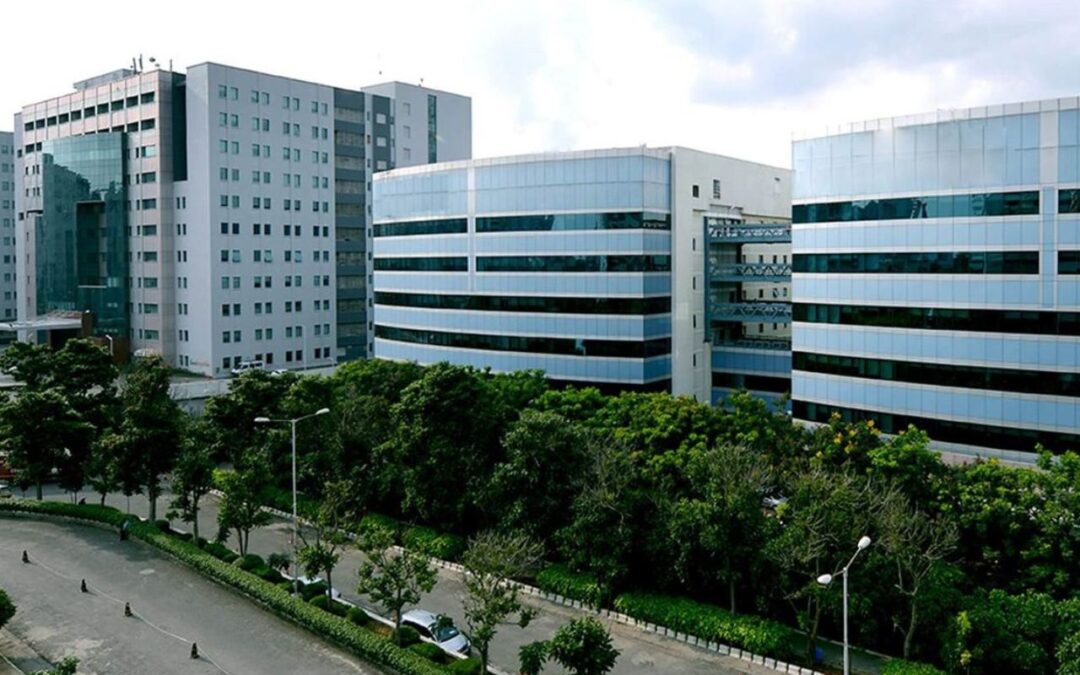Synopsis– Hyderabad is emerging as a major startup hub, attracting entrepreneurs with lower costs, better infrastructure, supportive government policies, and improved livability. Compared to Bengaluru, the city offers efficient connectivity, strategic development projects, and a maturing ecosystem. These factors position Hyderabad as a viable alternative and a potential next startup capital of India.
Bengaluru has been India’s startup capital for years, famous for its tech scene and innovation. Lately, Hyderabad is catching the eye of entrepreneurs and investors. This article explores why startups are choosing Hyderabad, looking at its better infrastructure, lower costs, livable environment, government support, and growing ecosystem.
Growth and Ecosystem Development
- Rise of Startups: Hyderabad has emerged as a dynamic startup hub since 2015. Today, there are over 10,000 new enterprises in technology, Healthtech, and fintech in the city. More importantly, there is an ecosystem for cultivating a successful business.
- Funding and Investor Interest: Tech startups in Hyderabad raised $571 million in 2024, a significant increase from the year before. Investors are becoming increasingly interested in the city, and it is now much easier for a startup to find funding.
- Support Mentoring: The T-Hub and T-Fund initiatives offer startup companies guidance, office space, and funding support so new companies can grow faster and worry less.
- Comparison with Bengaluru: While Bengaluru still has the largest number of startups, Hyderabad’s sustained growth and supportive ecosystem are starting to make it a viable option for securing exceptional entrepreneurs.
Infrastructure, Traffic, and Livability
- Traffic Challenges in Bengaluru: Bengaluru regularly ranks high among the most congested cities in the world. For a 10km ride, it takes more than 1 hour for commuters, causing productivity loss, higher operating costs, and employee frustration.
- Impact on Businesses and Residents: The ongoing congestion cuts into work-life balance and business productivity, forcing startups and professionals to look for alternatives in cities that allow easier mobility.
- Hyderabad’s Outer Ring Road: Hyderabad’s Outer Ring Road comfortably spans 158 kilometres that connecting suburban areas with the city core and cutting productivity loss and congestion on crucial roads.
- Metro Rail Expansion: Hyderabad’s metro rail network is currently expanding through and beyond existing congested commercial areas and certainly reduces travel time, increases reliable options for public transport, and connects residential areas and commercial corridors.
- Commercial Hubs Connectivity: Commercial Hubs like Gachibowli and Madhapur were developed to allow business access and urban mobility to organize more efficiently.
- Quality of Life Improvements: Hyderabad’s planned city layouts and green spaces have increased livability, adding to the choice for professionals and families to live there.
Also read: Top Tier-II Cities in India Emerging as Real Estate Hotspots in 2025
Cost Efficiency and Business-Friendly Environment
- Lower Cost of Office Rentals: Office space in Hyderabad is 30–40% cheaper than office space in Bengaluru, reducing setup and running costs for startups.
- Competitive Talent Costs: Salaries for skilled workers are estimated to be 15–25% lower, which will allow seed and venture funding for startup companies to hire good people and use their dollars wisely.
- Government Support with Process and Policies: The State of Telangana introduced TS-iPASS and empowers a single window clearance to obtain approvals to begin a business, which has shortened the existing time to obtain approvals for doing business.
- Planned Development Projects: There are initiatives such as Bharat Future City Development Authority (BFCDA ) urban regeneration projects that aim to help create multi-sectoral hubs with education facilities, AI centres, healthcare, businesses and shops.
- Strong Infrastructure and Connectivity: Hyderabad has tremendous infrastructure with the right connectivity, along with the presence of industrial corridors and an international airport, which better supports companies.
- Sustainable Work-Life Balance: The city offers cheaper sustainable costs and exists with more organised city development and spatial planning, to ensure a better overall life for the entrepreneur and worker.
Conclusion
Hyderabad is becoming a strong choice for startups. Many founders observe that the city’s lower costs, better infrastructure, and supportive government make starting and running a business easier. These advantages are helping Hyderabad grow steadily, positioning it as a credible alternative to Bengaluru and a potential next startup capital of India.
Written by N G Sai Rohith





